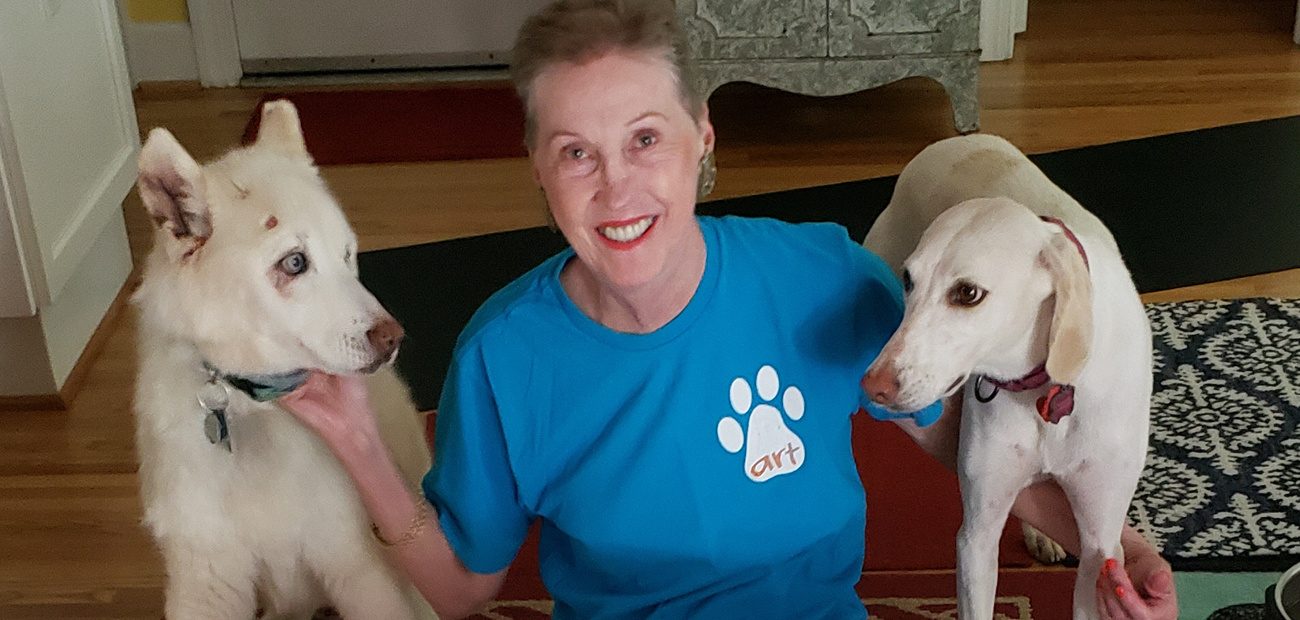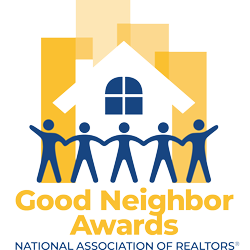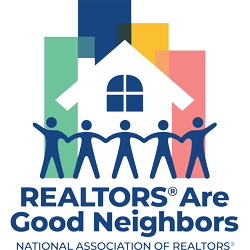- Debra Griggs helped reduce the shelter pet euthanasia rate in Virginia from about 50% in the 1990s to 11% last year.
- She successfully advocated for restrictions on dog chaining and the ending of euthanasia based strictly on dog breed.
- Her organization Animal Resources of Tidewater funds pet medical care for families who can’t afford it.
Debra Griggs and her husband, Steve Ballard, hold onto fond memories of their beloved dog, Jasper, who died in 1996. It was their luck to have found Jasper, a yellow Labrador-shepherd mix, at an animal shelter in 1983. Back then, half of all shelter animals in their area were euthanized. Griggs can’t imagine missing out on the deep bond she shared with Jasper had she been put down. “She opened our hearts to a depth and breadth of unconditional love that changed our lives,” Griggs says. So special was their connection that Griggs decided to dedicate her time to saving as many shelter animals as possible from an untimely death.
Griggs, a sales associate with RE/MAX Central in Norfolk, Va., has been highly successful in that effort, along with strengthening other state protections for animals, ever since. She founded Animal Resources of Tidewater in 1999 after a local newspaper publicized her efforts to find homes for stray dogs. In response to the article, Griggs heard from others doing similar work. It made sense to combine their efforts, enabling ART to have a greater impact.
In its first 10 years, ART functioned like a traditional rescue group, taking in animals and finding homes for them. While Griggs estimates these efforts helped over 1,200 pets, the save rate in Virginia’s shelters saw little change. “We began to look at how we could leverage our resources to keep more pets out of the shelter and have a systemic impact on shelter euthanasia,” Griggs says. ART’s mission changed to focus on reducing shelter intake numbers. The organization introduced spay-neuter initiatives to decrease unplanned litters and funded medical care for cats and dogs living with low-income families to help keep them out of shelters. By the end of last year, the save rate at shelters across the state was up to 89%.
Helping Pets and Their Families
Griggs aims to help people like Nan Mouser, a senior with a disability, who has spent thousands of dollars treating her dog’s urinary tract infections, to keep their animals at home. Mouser and her 14-year-old Lhasa apso, Abby, were referred to a specialist who gave a quote of $1,400 just for diagnostics. Mouser was distraught: “I don’t have that kind of money. I spent everything I have trying to help her.”
Mouser turned to ART, which helped to set up Abby’s appointments with another vetrinarian and paid for her treatment. Within days, Abby showed great improvement on a new medication. Mouser is eternally grateful for ART’s assistance. “Abby is my everything. She is my companion”, Mouser says.
“Especially for us older folks, our animals are what keep us going. Animal Resources of Tidewater gave me my Abby back.”
Fighting the Good Fight
In recent years, Griggs has emerged as an influential lobbyist on behalf of animals. As president of the Virginia Federation of Humane Societies, Griggs launched “SaveVaPets: Crossing the No-Kill Finish Line” in 2017. This program helped lower the number of shelter euthanizations by 8% that year.
“I cannot imagine having a pet suffering and not being able to provide for that pet. That motivates me every day.” —Debra Griggs
Matthew Gray-Keeling, former Virginia state director for the Humane Society of the United States, has worked closely with Griggs on animal welfare legislation. “I quickly realized that she was someone I could learn a lot from. She was incredibly courageous,” Gray-Keeling says. “I saw her face down powerful legislators, making convincing arguments for why protecting animals is of such value.”
Resistance typically comes from those who don’t view animal welfare as a critical issue. To gain support, “we always start by trying to compromise and find common ground,” says Griggs. “But we always stick to our core goals. We are not going to give up what we believe is the best thing for animals.”
And results are often measured by incremental change, which can take years to achieve. Griggs made her first attempt to end the outdoor chaining of dogs as a primary means of maintaining control of a pet in 2011. After years of meeting with lawmakers, providing public testimony in the Virginia General Assembly, and encouraging citizens to contact their representatives about the issue, a measure banning the tethering of dogs outside in extreme weather passed the state legislature this year in March and became law in July.
Her tenacity with legislators also has paid off with new laws banning the euthanizing of dogs solely because they are a particular breed. Virginia animal shelters are now required to incorporate pet adoption as a core purpose, rather than focus just on housing and killing animals. “She’s a fighter,” Gray-Keeling says of Griggs.
Pet-Friendly Communities
Working with her husband, a retired engineer, who joined her in the real estate business several years ago, Griggs is known in her area as a pet-friendly agent. She and Ballard understand that pets are part of the family. “It’s great to have him as a partner in animal welfare and real estate, too,” Griggs says. “We do our best to make sure that pets are as comfortable as possible in the process of selling a home.” And she loves working with buyers whose wish lists incorporate their pets’ needs, be it a window seat for a cat or a big yard for a dog. The surging demand for pet adoptions at the beginning of the pandemic underscores the cherished place that animals have in many people’s homes.
Over the years, Griggs has noticed much greater public awareness about animal rights. She attributes the positive shift to people being more attuned to quality of life issues in their communities. ”Where animals are treated well, people are generally treated well,” she says. The effect is wider community support for animal welfare legislation. “Everything we propose is to protect and provide better lives for animals. That’s what citizens want,” she says. And lawmakers are clearly listening, too.
Contact Debra Griggs at jasper550@cox.net, and learn more about Animal Resources of Tidewater.







